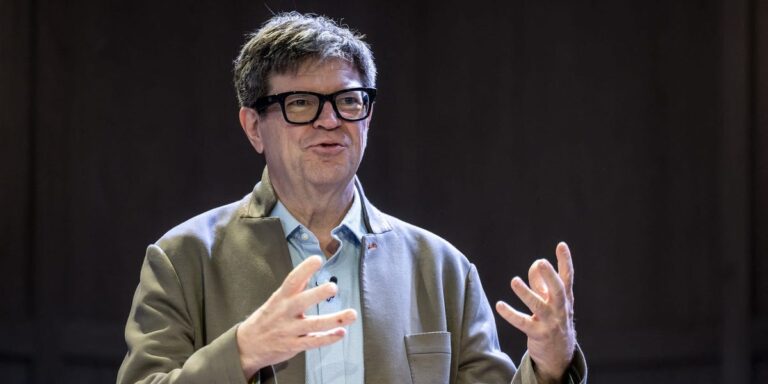DeepSeek, the open-source Chinese AI company, has Silicon Valley buzzing with its rapid rise. Meta’s chief AI scientist said DeepSeek benefits from the open source community. Meta’s AI program remains open source, but OpenAI’s source has moved to closed source.
Silicon Valley was on edge this week after Chinese AI company DeepSeek released its R1 model. Third-party benchmarks have outperformed leading US AI companies such as OpenAI, Meta, and Anthropic.
For Yann LeCun, Chief AI Scientist at Meta, the biggest takeaway from DeepSeek’s success is not the growing threat posed by Chinese competition, but the focus on making the AI models open source so everyone can benefit. It was worth it.
It’s not that China’s AI is “exceeding the US,” but rather that “open source models are surpassing proprietary models,” LeCun said in a Threads post.
DeepSeek’s R1 itself is open source, as is Meta’s Llama. OpenAI was originally founded as an open source AI company with a mission to develop technology that benefits all humanity, but recently transitioned to closed source.
LeCun said DeepSeek “profits from open research and open source.”
“They came up with a new idea and built it on the work of others. Their work is public and open source, so everyone can benefit from it” LeCun he said. “That’s the power of open research and open source.”
When DeepSeek announced R1 on January 20, the company said it “demonstrates remarkable inference capabilities” and is “pushing the boundaries” of open source AI.
The announcement stunned Silicon Valley and became the most talked about event in the tech industry in a week that included the World Economic Forum, uncertainty over TikTok and a busy first few days in office for President Donald Trump.
Days after DeepSeek’s announcement, Meta CEO Mark Zuckerberg said Meta plans to spend more than $60 billion in 2025 to double its AI efforts. Zuckerberg has been an outspoken supporter of the open source model.
“Part of my goal for the next 10 to 15 years is to build the next generation of open platforms and make open platforms win,” he said in September. “I think that will lead to further revitalization of the technology industry.”
Supporters of open source argue that open source allows technology to be developed quickly and democratically because anyone can modify and redistribute the code. On the other hand, proponents of the closed-source model argue that it is more secure because the code is kept private.
OpenAI CEO Sam Altman said in an AMA on Reddit last November that the closed-source approach provides the company with “an easy way to reach a safety threshold.” . However, he added, “We hope to open source more things in the future.”


